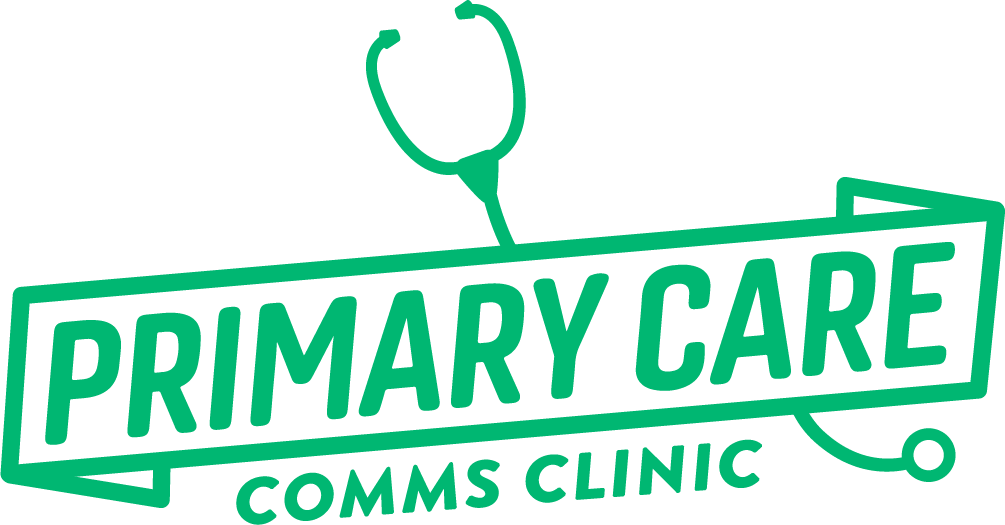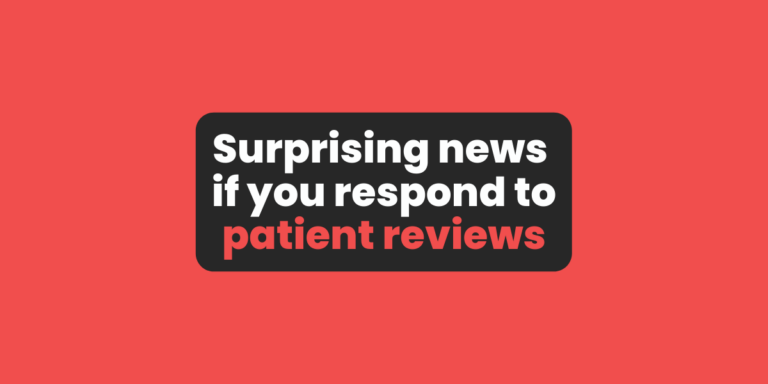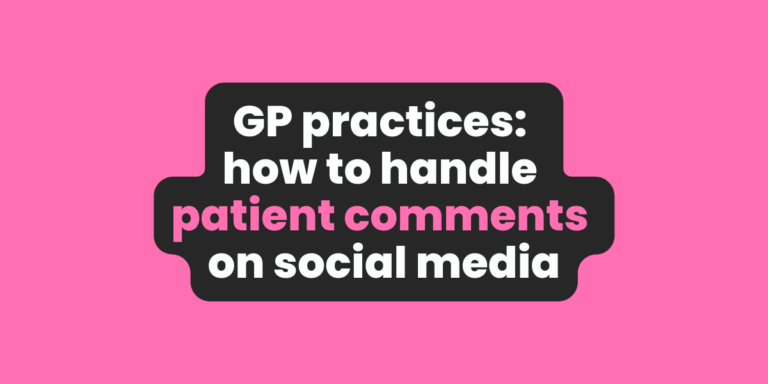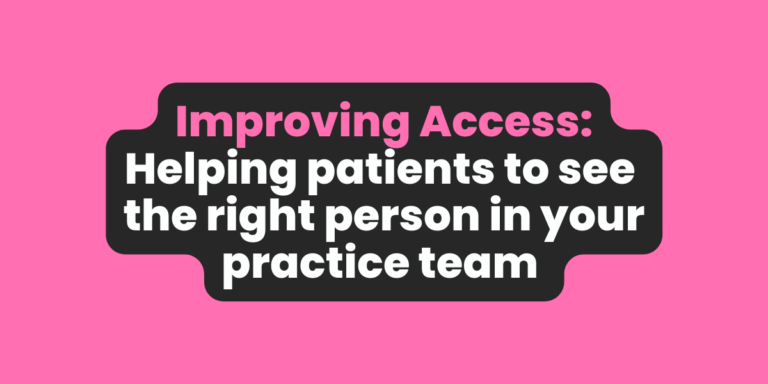If there’s one prickly problem we often get asked for help with at PCCC Towers, it’s reputation. How can we better manage it in general practice? How long is your piece of string?
Reputation is subjective
It doesn’t matter whether you’re Apple, Ryanair or the little cafe you stop by when you need a caffeine hit; you probably already know reputation is subjective. In general practice, it’s based mainly on patients’ expectations, beliefs, and personal experiences. While our aim is always to provide the best care we can to our patients, sometimes our patients’ expectations don’t align with what we can actually deliver.
Reputation arises from the gap between what is said or implied and what happens or is done in reality. This gap is constantly influenced by changing beliefs, attitudes, and expectations, as well as internal coordination within your organisation, which includes the wider NHS (that always goes to plan with plenty of prior warning, right?) So, how do we begin to bridge this gap and maintain or rebuild a strong reputation?
Reputation strategies that can help
At last month’s free Drop-in Comms Clinic, I shared five expert strategies from the simple framework we apply when doing any sort of reputation management work with clients. Here they are:
- Evaluate the truth: Benchmark your practice against others locally, assess your patient reviews and analyse your complaints. Use this data to understand your practice’s ‘true’ strengths and weaknesses.
- Monitor changing beliefs, attitudes, and expectations: Regularly survey and engage with your patients, both satisfied and unsatisfied, to understand their concerns and expectations at the moment.
- Close reputation-truth gaps: Address patient concerns openly and transparently. Take action to resolve issues that are within your control and be upfront about the ones you can’t fix overnight like appointment availability and enough staff to meet demand.
- Assess your reputation amongst local partners: Maintain regular, consistent communication with your partners as well as your patients and share good news stories, outcomes, and frustrations. Use more voices and faces from within your team to humanise your practice to make it harder for those individuals who want to bash you online at every opportunity.
- Review and improve your risk management process: Assign a dedicated person to oversee reputation management. Report back to those in charge what’s being said “on the street”, help put things in perspective and implement changes where possible based on your findings.
Remember, meeting every patient’s wants is impossible, but you can strive to meet their needs. Plan responses to common issues ahead of time, be proactive, and engage with your complainants to better understand their true concerns. They might surprise you!
And if all of that sounds like another headache brewing or you’re interested in diving deeper into these strategies, seeing some examples and learning some practical tactics to boost your practice’s reputation, come along to our 2-hour training session in May. It’s a paid open session at just £48 per person.
Sign up today to secure your spot and begin your journey towards a healthier reputation in general practice.







